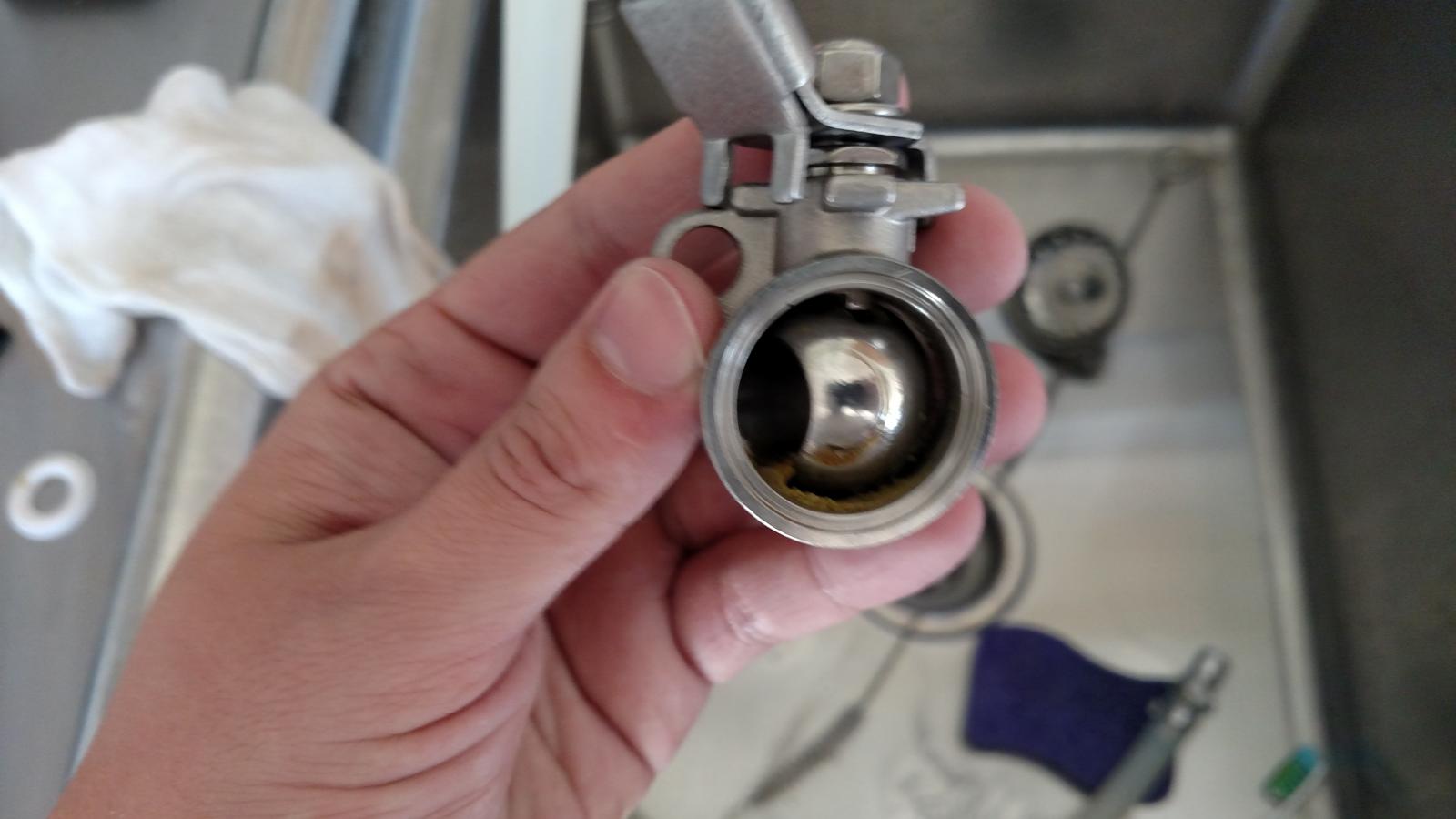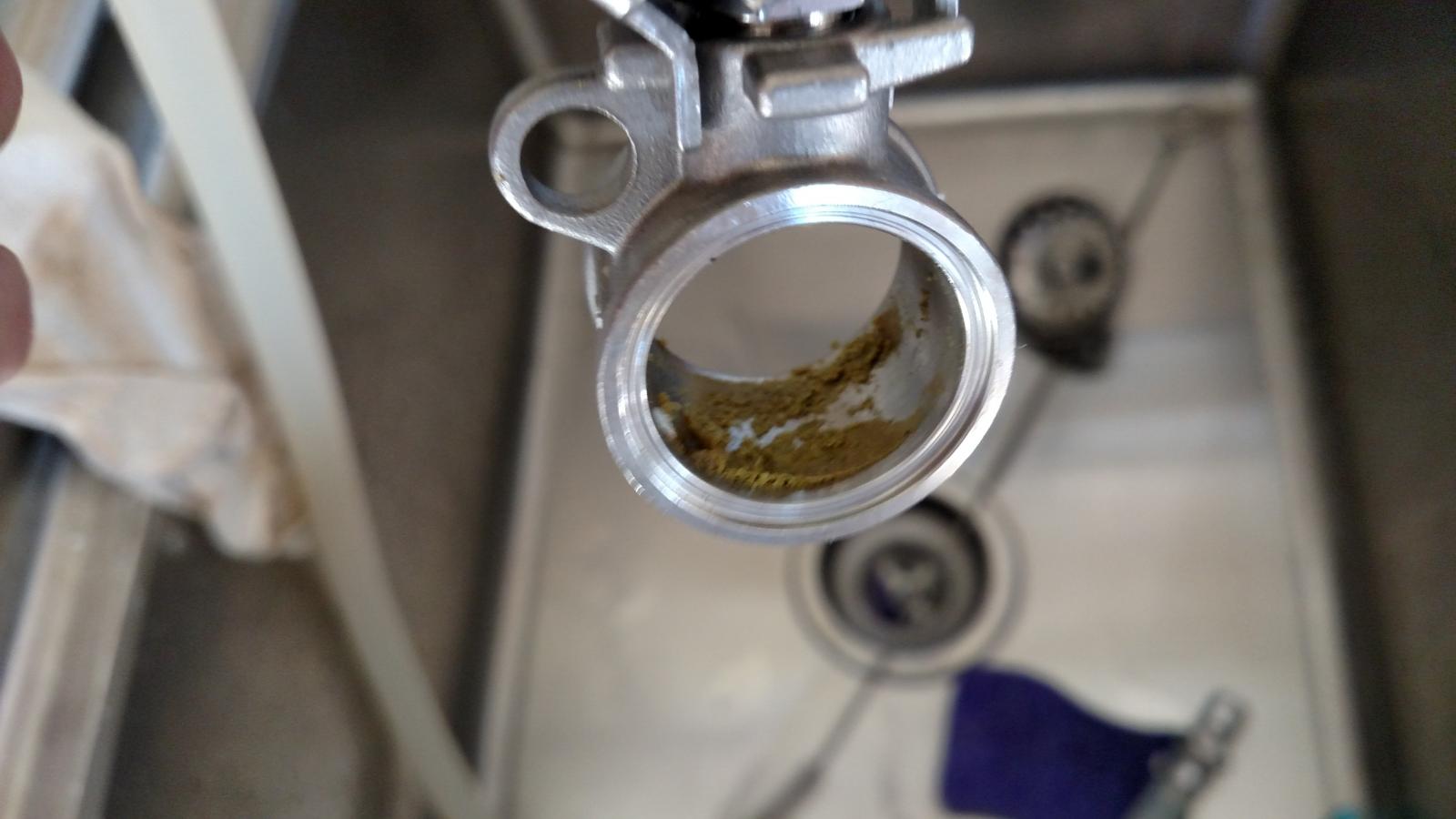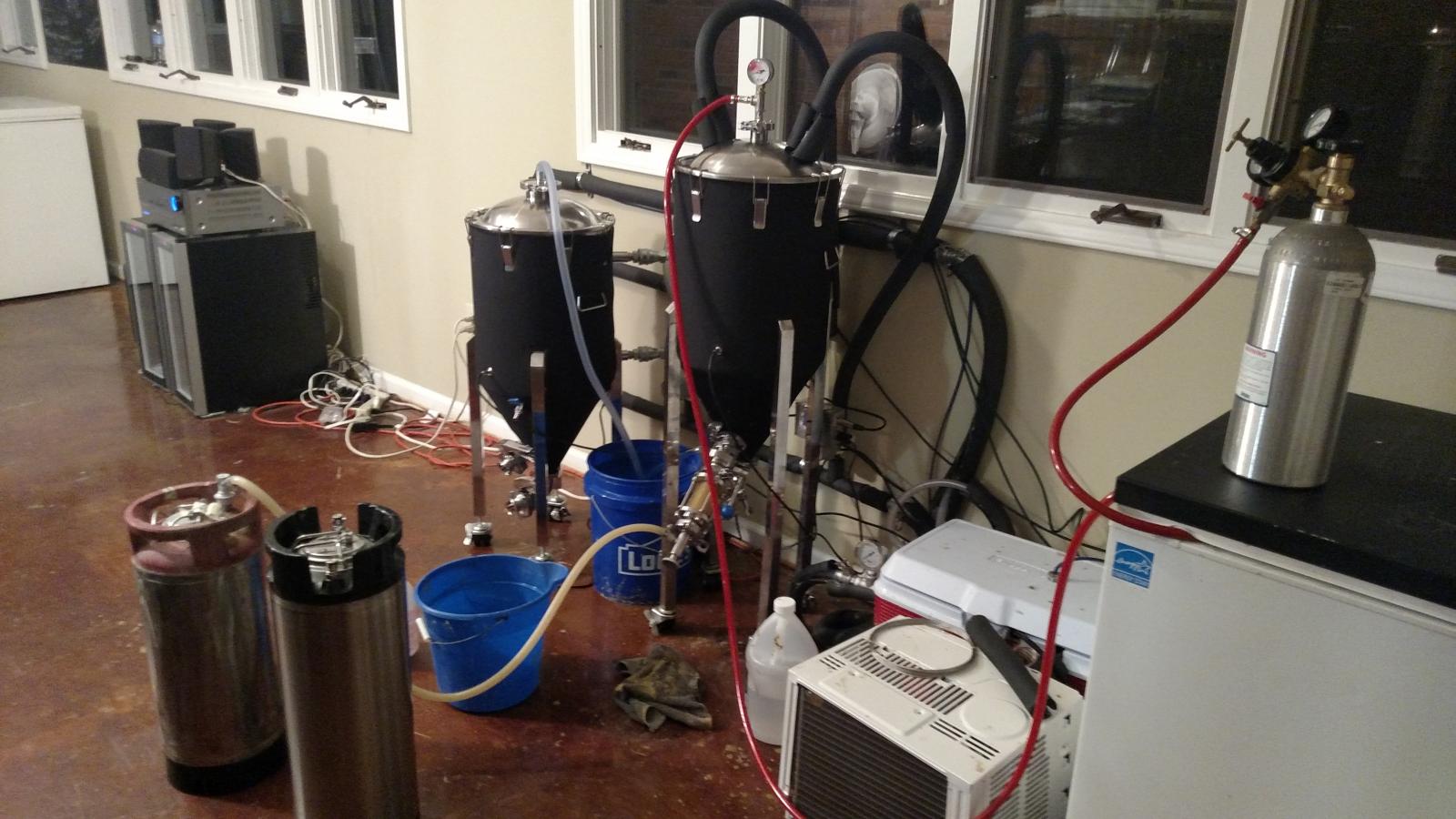I'll go out on a limb and say you are introducing an unwanted "house yeast" somewhere in the process, most likely when you are making your starter. One thing to try would be get a couple of fresh vials and just dump them in to your fermenter and add the wort and see if you notice a difference. Seems like you got everything else pretty much squared away. Good Luck
I'd be surprised here as my cleaning and sanitizing regime is pretty good. One change i did make last brew was switching from fridge filtered water to distilled on this last batch.
Haven't seen anyone suggest that your beers might be over-carbonated. What temperature and PSI are you keeping the kegs at in the keezer?
Some beers have been more carbed than others but the ones I have in there right now arent. How much of an impact could that have on creating an off flavor as opposed to just affecting the mouthfeel?






